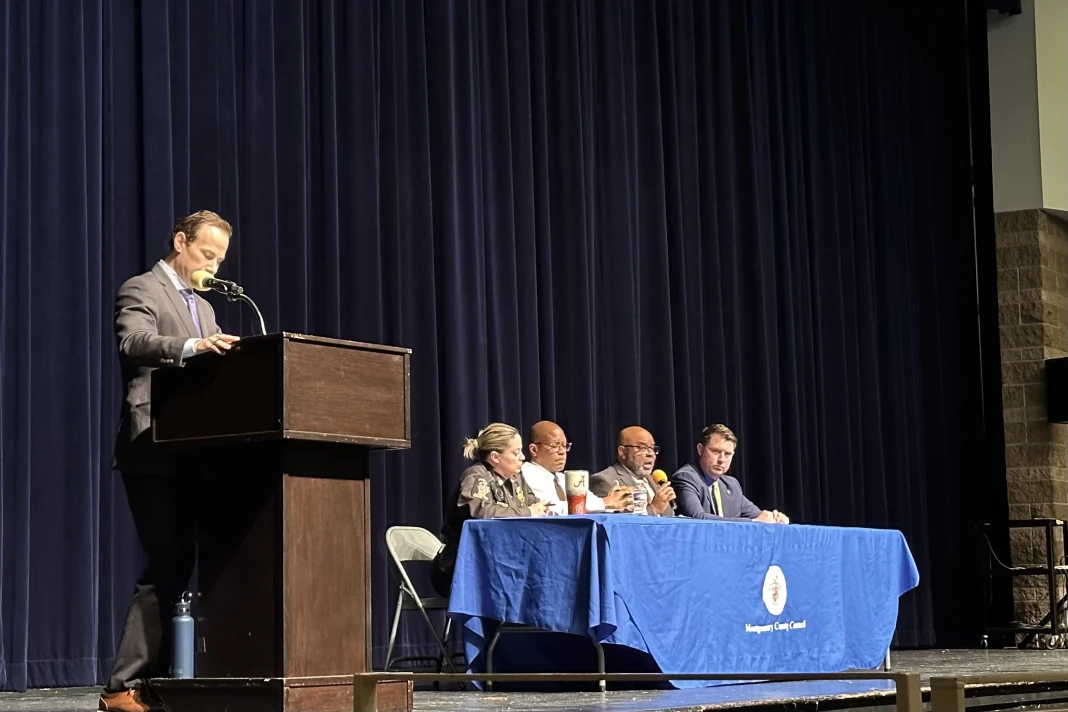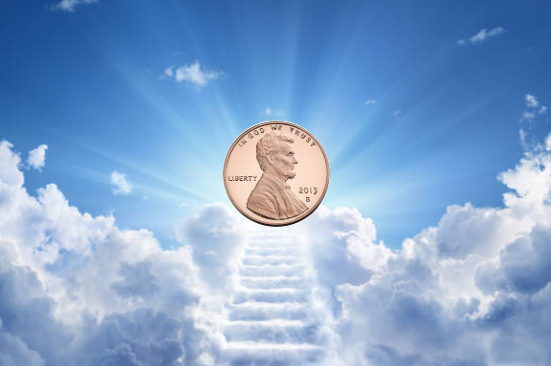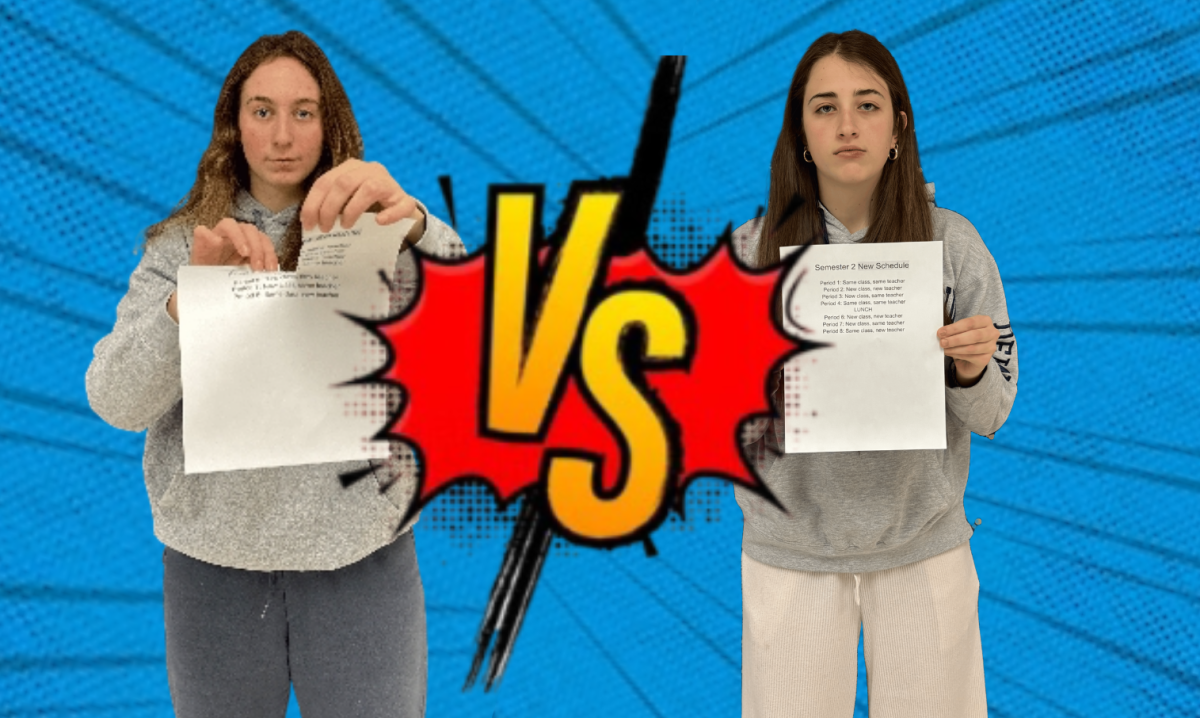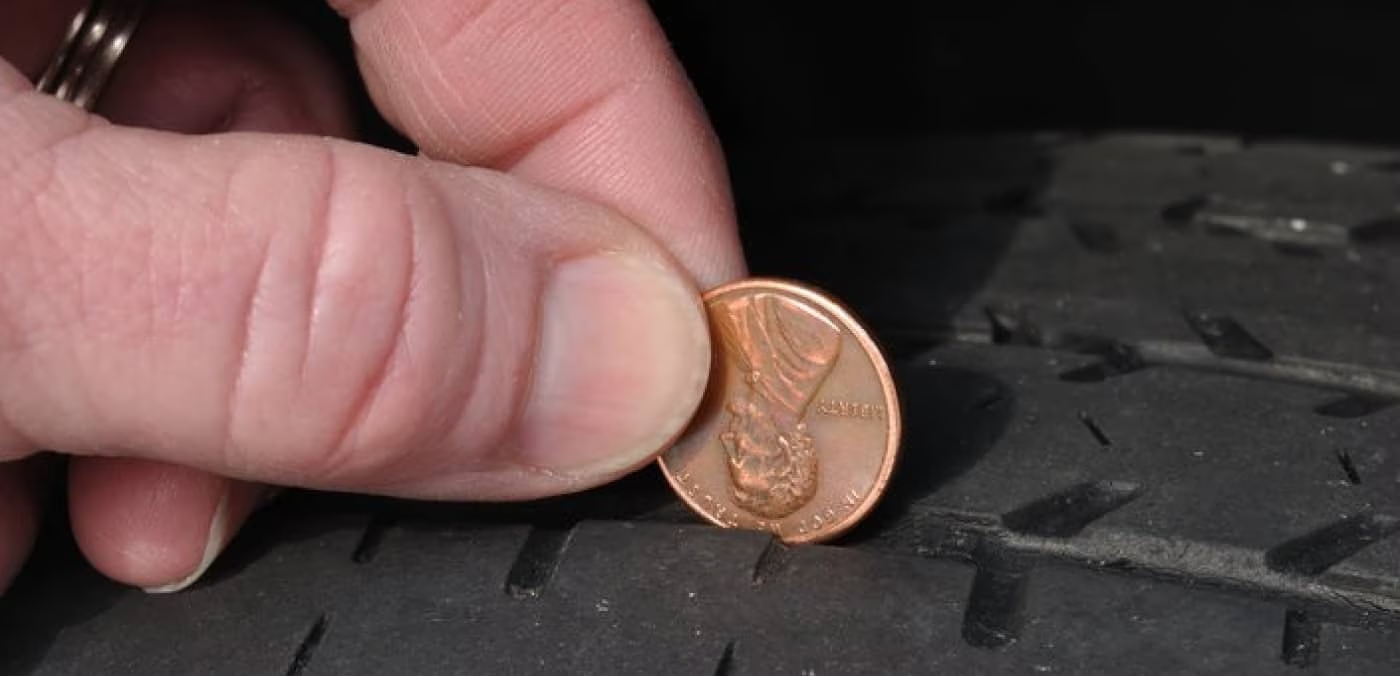Professional soccer player Robbie Rogers came out as a homosexual in a post on his personal blog Feb. 15. At the end of the post, he announced his retirement from soccer, stating it was time to discover himself “away from football.”
In deciding to announce his retirement along with his homosexuality, Rogers has followed a trend in American sports that has persisted since 1975, when former professional American football player David Kopay became the first pro athlete to announce he was homosexual, close to three years after his retirement in 1972.
Professional athletes have rarely come out while they were active players. For homosexuals to truly become accepted in sports, this must change.
In a 2001 poll conducted by ESPN on how fans would react if their favorite player said he or she was homosexual, about 63 percent said it would not change their view of the player, and 20 percent said they would support the player even more. Only 17 percent of those interviewed said they would turn against the player.
Fans have already shown support for active gay players, and now fellow athletes should do the same. Unfortunately, the most recent newsworthy comments made by athletes on homosexuality in the locker room have been far from positive, such as ones made by 49er’s cornerback Chris Culliver.
“We ain’t got no gay people on the team,” Culliver said. “They gotta get up outta here if they do. Can’t be with that sweet stuff. Nah, can’t be in the locker room.”
Not every athlete in the NFL feels the way Culliver does. Brendon Ayanbadejo of the Baltimore Ravens and Chris Kluwe of the Minnesota Vikings are two players who have made their support for gay rights clear.
Former professional basketball player and current TNT analyst Charles Barkely also made comments recently in support of gays in professional sports.
“It bothers me when I hear these reporters and jocks get on TV and say: ‘Oh, no guy can come out in a team sport,” Barkley said. “These guys would go crazy.’ First of all, quit telling me what I think. I’d rather have a gay guy who can play than a straight guy who can’t play.”
The topic of homosexual athletes needs to be treated by players with the same level of respect that race and gender are today. Athletes need to realize that sports can remain as adrenaline-fueled and macho as before, even if some teammates have different sexual preferences.
Despite strides in many areas, the landscape of professional sports remains a hostile environment for closeted players. Until athletes change their attitudes on homosexuality, these players will feel compelled to wait until their playing days are over to reveal the truth. When players feel comfortable enough to be true to themselves and at the same time continue to play the sports they love, it will truly be a victory for gay, as well as human, rights.







